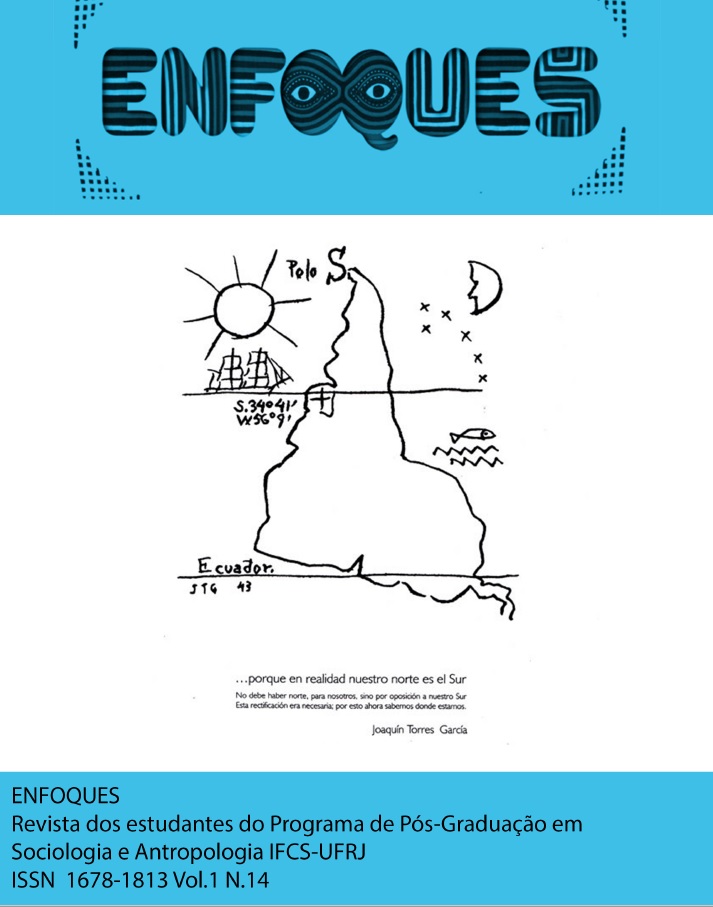Ocupar ou desocupar? Uma reflexão sobre perspectivas em relações internacionais
Palavras-chave:
relações internacionais, pensamento descolonial, urocentrismo, hermenêutica, movimento OccupyResumo
A ciência “ocidental” construiu o privilégio de “deslocalizar” seu pensamento para fazê-lo passar por universal, objetivo e neutro. Neste artigo, parte-se do pressuposto contrário, de que não existe pensamento que não esteja ligado a condições históricas e sociais particulares. Busca-se, dessa forma, analisar criticamente a manutenção do paradigma científico cartesiano nas relações internacionais (RI) e desmistificar a persistência desse “Norte” epistemológico e político na disciplina. Postula-se, por fim, a necessidade de uma leitura hermenêutica sobre aquela que seria uma política descritiva do mundo -- dos “vencedores” --, ao mesmo tempo que se problematiza a intenção de “dar voz” aos subalternos.
To Occupy or Disoccupy? A Reflection on Perspectives in International Relations
Western science has constructed the privilege to “delocalize” its own thought in
order to render it supposedly universal, objective and neutral. This article takes the opposite assumption, i.e., it assumes that there is no thought which is not connected to particular historical and social conditions. The article aims to critically analyze the persistence of this Cartesian scientific paradigm in International Relations (IR) and tries to demystify the persistence of this epistemological and political guiding principle in the discipline. Finally, it postulates the need for a hermeneutic reading about what might constitute a descriptive version of the World, from the “winners” point of view. It also critically questions the intention to “give voice” to the subalterns.
Keywords: International Relations; Decolonial Thinking; Eurocentrism; Hermeneutics; Occupy movement.

